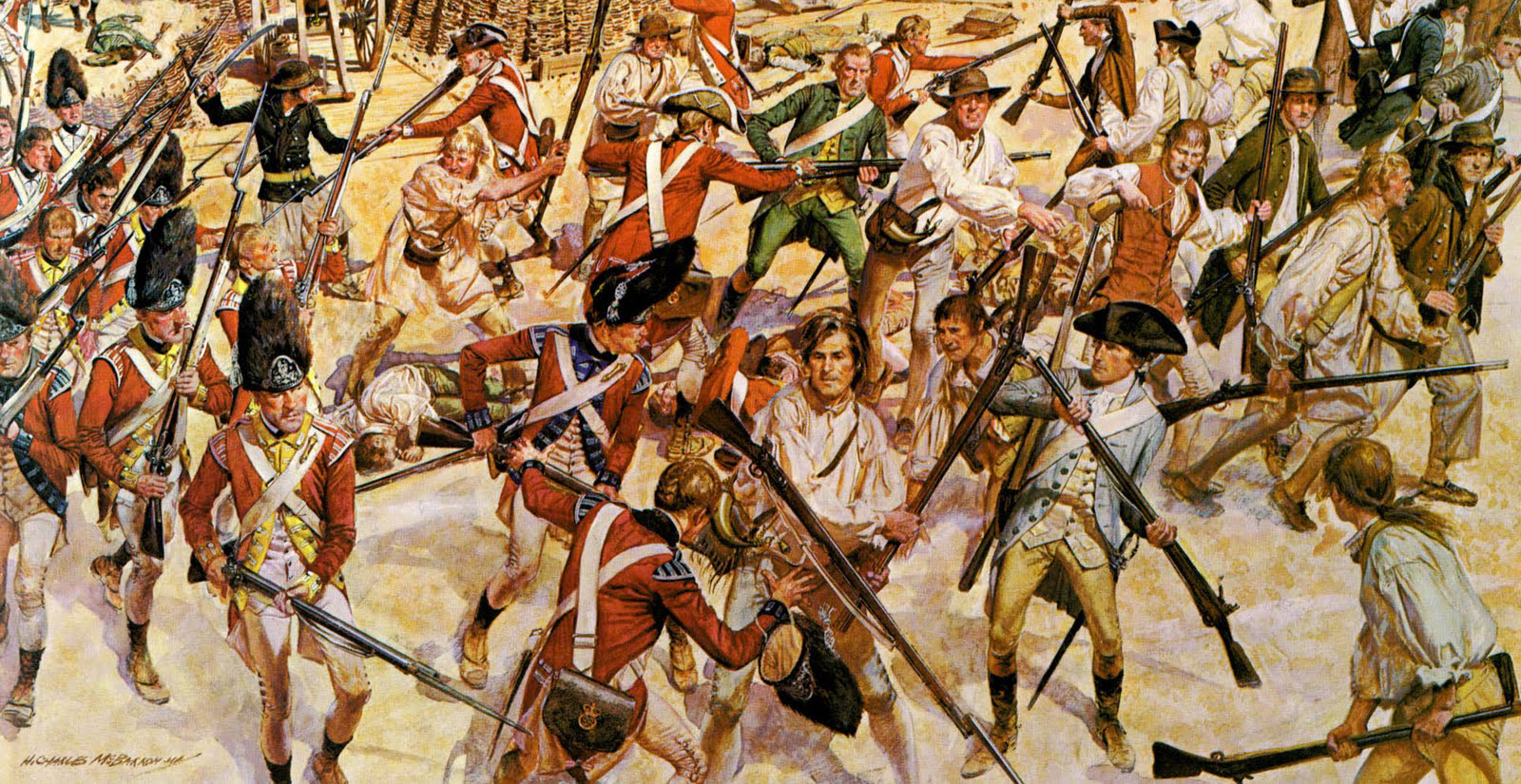This book tackles the question of why men are terrible at mentoring women and how to fix it. The book is written as a practical, common-sense guide aimed squarely at men who can recognize opportunities for cross-gender mentoring, but aren’t sure how to start. If you’re a man, do a quick inventory of your mentoring relationships. If none of them involve women, pick up a copy of this book and use it as an opportunity for structured self-reflection on that topic. If you’re a woman and looking to start a mentoring relationship with a man, use this book as your initial outreach. If nothing else, it will make a great conversation starter to get things going.
#Reviewing Congress Buys a Navy
This book contains a wealth of specific information about Congressional influence on the Navy. In my opinion, it will be especially useful for readers who are already familiar with the era in question, and are simply looking for reference material to support other research. Yet while general students of U.S. naval politics will find much to mull over in this book, only a specialist would take it on a long voyage.
An Interesting War: #Reviewing The Fleet at Flood Tide
The Iliad and the Islamic State
The lives and culture of some of Western literature’s most famous warriors looks just as much like that of today’s violent extremists as it does like today’s professional soldiers. The Iliad’s ability to make a raiding, tribal group whose society differs so greatly from Western values today the protagonists opens the door to improving American understanding of the Islamic State’s fighters. As long as this continues, The Iliad will have a valuable place.
The Intersection of Cyber and Nuclear War
#Reviewing The Sterling Forest: What Happens Next In The Baltics?
We inhabit a troubled and troubling world, so we owe our ear to men like Fenzel who spent years, in Teddy Roosevelt’s memorable words, “in the arena.” The author has walked the grounds and studied the people—friend and foe—of these regions, before and after the fall of the Soviet Union. He’s worked at high levels of our government and his counsel is respected. By reading his novel, readers just might get a jump on the future.
#Essays on War: Why Do We Fight?
I understand that discussion of political activity is important and the pen is mightier than the sword, but sometimes we must use the sword to protect the pen against those who would threaten the stability of our planet and its people, whether they are terrorists with a political agenda or tactful leaders with visions of conquest and domination.
What Arms Trade Data Say About Where the “Quad” Stands
The rise of China and the challenge that China poses to the United States is the defining trend around which American strategists orient their thinking about Asia. In Canberra, Delhi, and Tokyo, national security policymakers view China as the foremost national security threat facing their nation. This shared focus on China underpins the idea of the “quad,” a proposed security partnership between Australia, India, Japan, and the United States, which would represent a democratic bloc against Chinese hegemony in Asia.
Limited or Total: Beyond Discrete Sets of Intensity
Choosing or being compelled to fight a particular intensity of war is a grand-strategic issue—depending on the political, economic, cultural, and military capabilities and constraints developed by the rival communities at large. It determines the military objectives and methods employed. Therefore it behooves decision-makers to strive to choose an intensity that provides them with the most advantages vis-à-vis the enemy and, if possible, to prevent the enemy from compelling them to fight at the intensity it chooses.
While Critics Wept: #Reviewing While America Slept
This book had a lot of promise. If O’Brien had taken a more serious look at Obama’s engagement with the world—explaining why he thought it was wrong instead of presupposing it was—it could have been great. Still, this book can serve as an interesting read for people on the Hill, historians, and foreign policy partisans. Its great contribution is the exposition of political differences in foreign policy, but it will not help solve many of the world’s problems.
#Reviewing On the Psychology of Military Incompetence
Dixon’s psychology may be dated and his references may be foreign, yet he has much to offer anyone who selects leaders. Dixon himself admits that “it is most difficult to find a suitable prescription for military commanders,” but despite the difficulty, someone must attempt to find one. Fortunately for them, On the Psychology of Military Incompetence is a great place to start.
The Strategy Bridge: A Year in Review
It’s been another big year for The Strategy Bridge and we’re thankful for the great community that helped us span our third year of work developing writers, thinkers, and practitioners in the realms of strategy, national security, and military affairs. As our community enters a new year, we look forward to expanding not just our own individual efforts in the national security space, but our conversations and programming to develop new thinkers and writers. Your recent contributions to The Strategy Bridge will be instrumental in providing the resources and network for the community to grow—thank you. We look forward to working with you this year...and stay tuned for more great work from The Bridge community!
James Moody: American Soldier
The traditional lore of the American Revolution holds that small groups of Patriot citizen-soldiers using unconventional tactics defeated a superior foe, who was using European tactics unfit for combat in the wilderness of North America. The lesson modern strategists are led to take from the experience of British operations during the American Revolution is that imposing one’s military doctrine in an alien environment is a recipe for disaster. Founding lore, however, overlooks a class of colonists lost in the clamor to understand to what transpired in 1776: Loyalists.
Ceasefires in Syria: A Post-Mortem
Policymakers and diplomats view ceasefires as a positive step toward peace because they present the conditions under which trust can be engendered between opposing sides in the Syrian civil war. Some academics have even found statistical evidence supporting this claim. But of the 44 ceasefires agreed to throughout Syria since 2012, only five preceded rebels surrendering, and only seven ceasefires in Syria have endured to the present. The remaining 32 ceasefires have failed. A survey of the failed ceasefires provides three logical pathways from ceasefires to offensives: leverage, buying time, and collapse of cooperation.
Reorganizing the Joint Force for a Trans-Regional Threat Environment
While the U.S. remains the single most powerful actor on the international stage, its influence and ability to react to the growing threat that transcends its own internal artificial boundaries and planning processes is not keeping pace with the evolution of the environment. With the rise of global near-peer competitors and regional powers with transnational reach, the U.S. military must become more flexible and adaptable at crossing multiple boundaries simultaneously if it seeks to maintain its competitive advantage. The only way to achieve this is to transform our current command and control structures to allow us to be a global power that actually acts and thinks globally.
Making Old Things New Again: Strategy, the Information Environment, and National Security
Developing the depth and flexibility of mind and understanding to work effectively within the information environment, in addition to the operational environment, is challenging. However, given the systemic changes in virtually every field of human activity during the new century, and the threats they may pose to our country’s security and prosperity, this is a challenge we must accept.
#Reviewing My War Gone By, I Miss It So
My War Gone By, I Miss It So is a story about Loyd’s struggle of emotional turmoil and his abuse of alcohol and heroin becoming the solution. It identifies with a generation that has experienced the horrors of war while figuring out their place when they return to their old world and coping with the enduring memories. His candid struggles with drug addiction offer the perfect companion to Loyd’s struggle with his addiction to war. The deep, personal struggles when home, and how alcohol soon moved to heroin as the coping mechanism to process his emotions, allow the reader to feel the internal struggles and conflict. This emotional conflict is not unique to Loyd. His ability to be so candid, and describe his journey with such clarity, pulls the reader into a shadowy world many are unfamiliar with and lack the ability to comprehend. Beyond the field of war, the book will additionally relate to readers who struggle with substance abuse as a coping mechanism for their respective problems.
A Year in #Reviewing
Francis Bacon once wrote, "Reading maketh a full man; conference a ready man; and writing an exact man." Reading was the beginning of study for Bacon, and the reading he advised in the pursuit of knowledge ranged widely. But we must also think, discuss, and write about the knowledge we pursue. We've taken this advice to heart here at The Strategy Bridge, and the #Reviewing series is one monument to our belief in its truth. The interested reader will find here a collection of our reading, thinking, and writing—of our #Reviewing—for 2016. The interested reader will also find a group of authors nailing their whispers to the wall making themselves and our community stronger. We're proud to be a part of such a community.
Tactical and Strategic Interdependence
Only by understanding the proper framework and context within which to place and employ the means towards the ends can tactical victories and strategic successes possibly be achieved. Strategy and tactics are absorbed and coextensive in the mind of the commander, within the plan of war, which decides combat, the crucial key connecting and explaining strategy, tactics, and their relationship.
The Myth of Total War
It is not useful to define wars by measures such as size, scale, or commitment because these are subjective and thus cloud analysis. This is particularly true in regard to such things as cost and casualties. How much a war costs, how many people it kills, and what it consumes and destroys are certainly important issues—no one disputes this—but these are not bases for critical analysis because they fail to generate solid, tangible, universal foundations for discussion, which is exactly what writing on such subjects should provide.





















